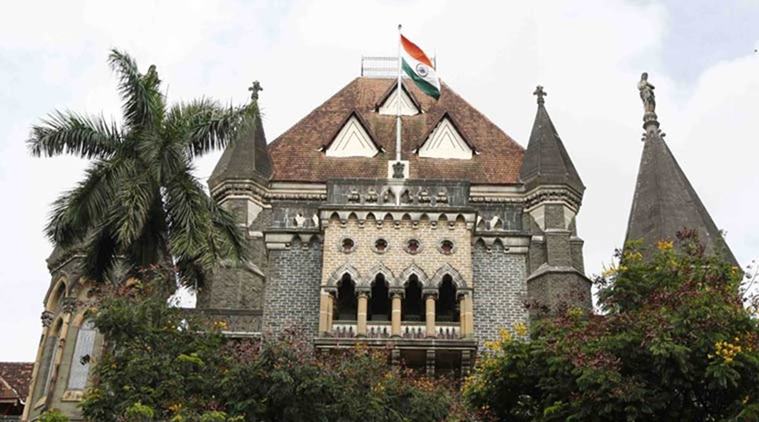
ANITA DHOLE has lived on the footpath opposite her demolished house since last October in protest against the “abysmal” conditions in Mahul where the government had relocated her.
“My mother fell ill after moving to Mahul in June 2017. Eventually, my parents shifted to a village near Pune. And I continued the protest here,” Dhole said.
She left her job as a manager in a private firm to lead the protest, forgoing a salary of Rs 20,000 per month. “Once the rent comes, I will look for flats in Ghatkopar,” she added.
On Wednesday, the Bombay High Court directed the state government to pay Rs 15,000 as monthly rent for a year to eligible project-affected persons (PAP), living in Mahul and along the Tansa water pipeline.
Following a 2009 directive from the High Court to remove all encroachments near the Tansa pipeline, the state government had decided to relocate residents and allot tenements to them in Mahul, Chembur, to accommodate occupants of the structures which were existing as on January 1, 2000.
However, 1,000 families, who were moved to Mahul from eastern Mumbai’s Ghatkopar area near the pipeline in 2017, had protested against the relocation and said they had developed health issues within a year of their relocation. So far, 5,862 families have been moved to Mahul.
The slum rehabilitation authority in Mahul has 72 buildings housing 5,500 families from Andheri, Bandra, Ghatkopar, Kurla and Powai. A report by KEM Hospital had stated that 67.1 per cent of the population in Mahul were suffering from breathlessness, 86.6 per cent from eye irritation, and 84.5 per cent experienced a choking sensation inside the chest due to pollution.
Following the HC order, Bilal Khan, from Ghar Bachao Ghar Banao Andolan, said, “People’s perseverance has come out victorious. Today is the 158th day of dharna by Mahul residents, it will continue till people get money for rent in their accounts.”
A division bench of Justice A S Oka and Justice M S Sanklecha said, “PAPs cannot be forced to take accommodation in area where air pollution is life threatening, as per the National Green Tribunal order…. if rehabilitation is not done properly, it may affect rights of people under Article 21 of the Constitution of India.”
The court said if the state government was not doing justice to PAPs, it should at least consider the 1.8-crore population of the city that received water from the Tansa pipeline.
The court had earlier held that PAPs living in Tansa were a threat to the pipeline. The court said the state government should have formed a policy of providing proper accommodation to PAPs or provide compensation.
The court also said as the state government had expressed its inability to provide alternative tenements, the only option left was to direct the government to pay the PAPs monetary compensation to enable them to find their own accommodation.
The bench directed the state to communicate with all eligible persons and find out if they would prefer staying in Mahul or take money from the government to arrange for their own accommodation.
The court directed, “The government shall pay each family Rs 15,000 per month along with Rs 45,000 refundable deposit by way of rent for those persons who choose to forfeit their right to a tenement in Mahul.”
The court said the state should deposit a sum of Rs 1.8 lakh, which is Rs 15,000 per month, for a year along with Rs 45,000 deposit in the bank accounts of PAPs. The court asked the corporation to complete the demolition process by November 30.
Mahesh Limbathiya, whose father died of tuberculosis in August 2017 after shifting to Mahul, said the protesters wanted a home in place of their demolished homes. “But the court directed the government to provide rent, not alternative housing. We believe that the government will take time to provide the money, they will first draw a list of beneficiaries,” he said.